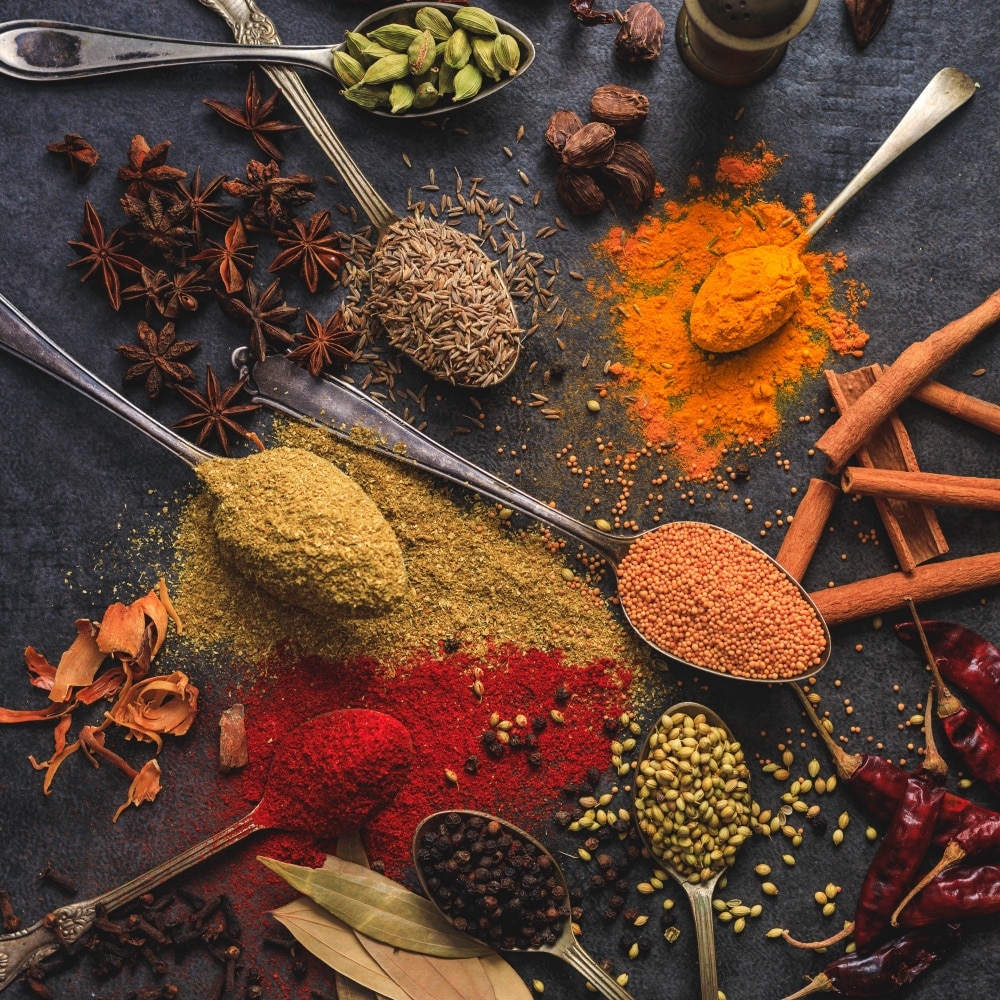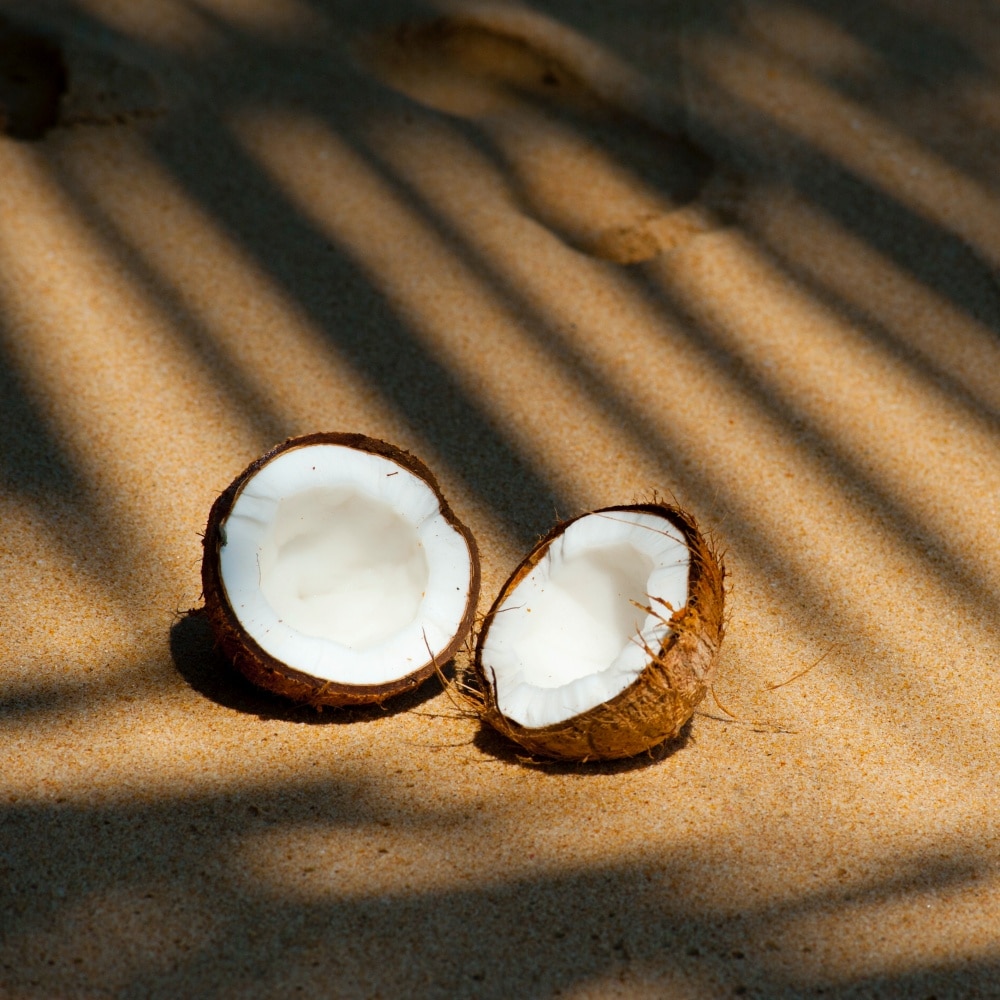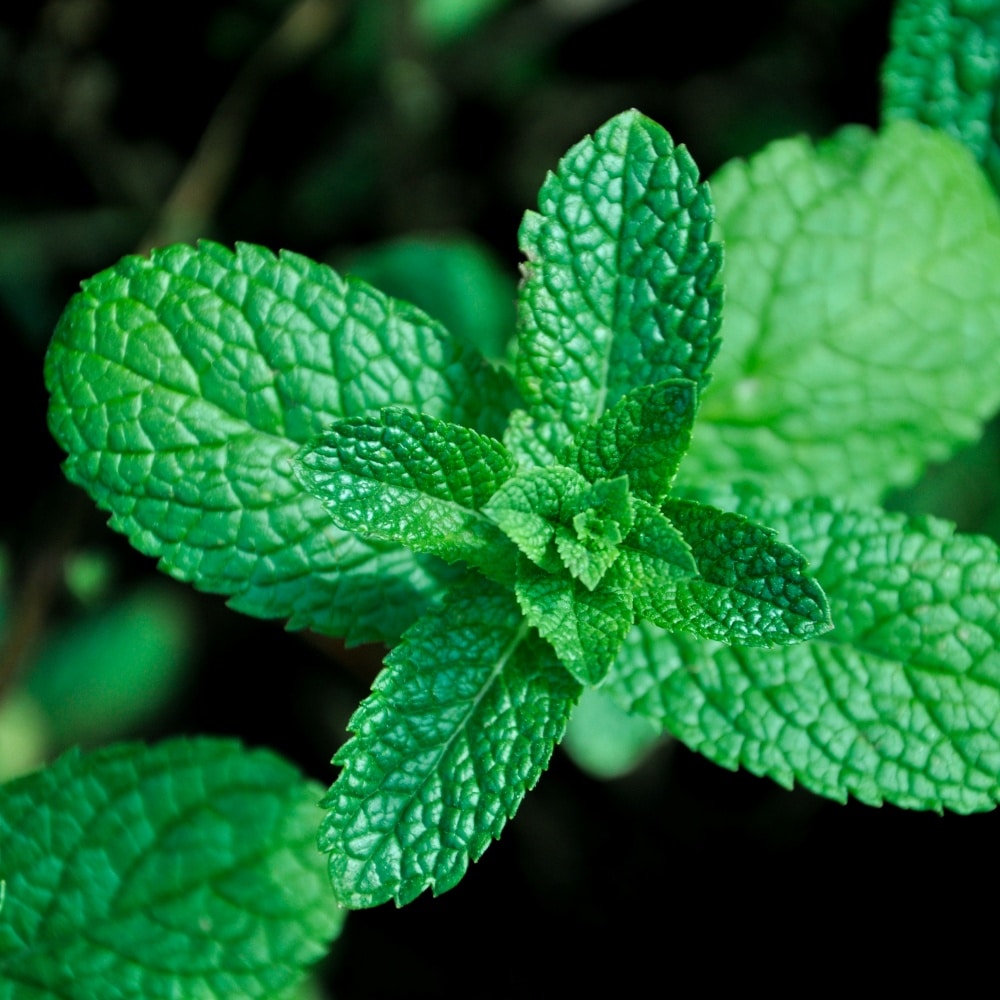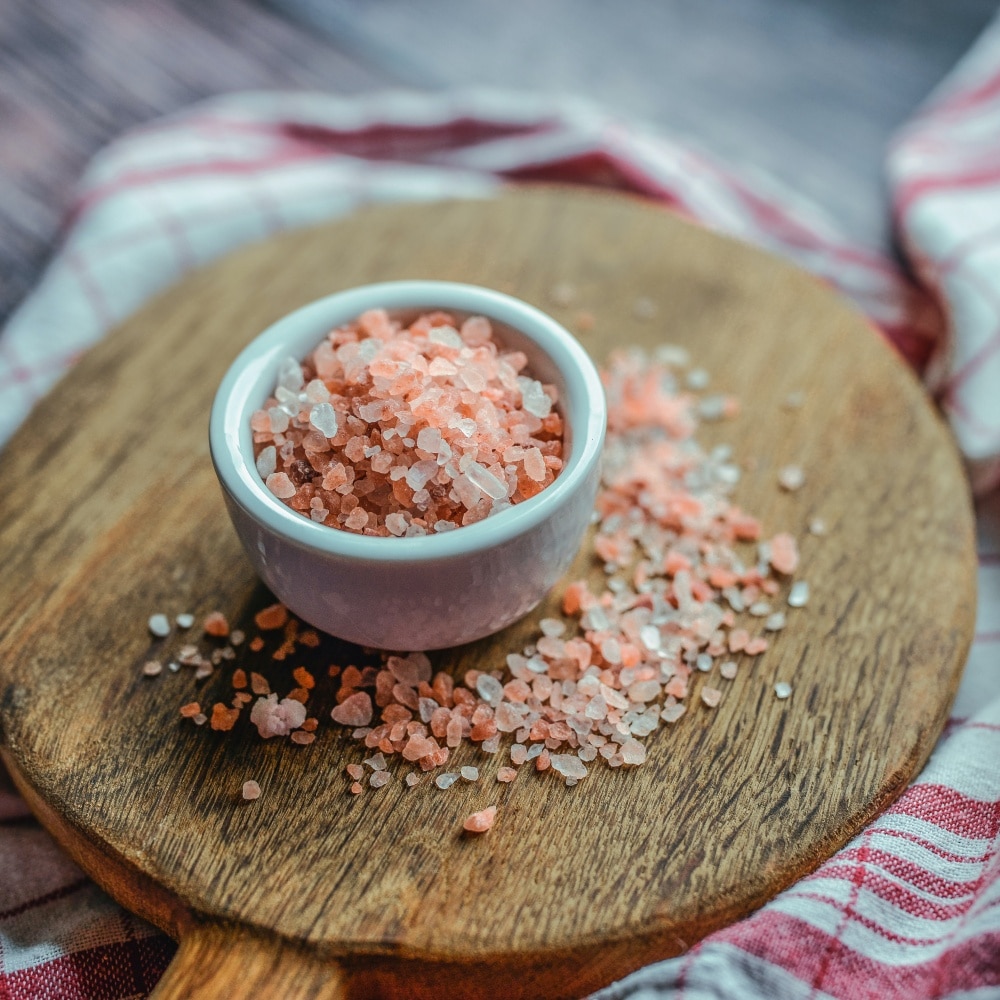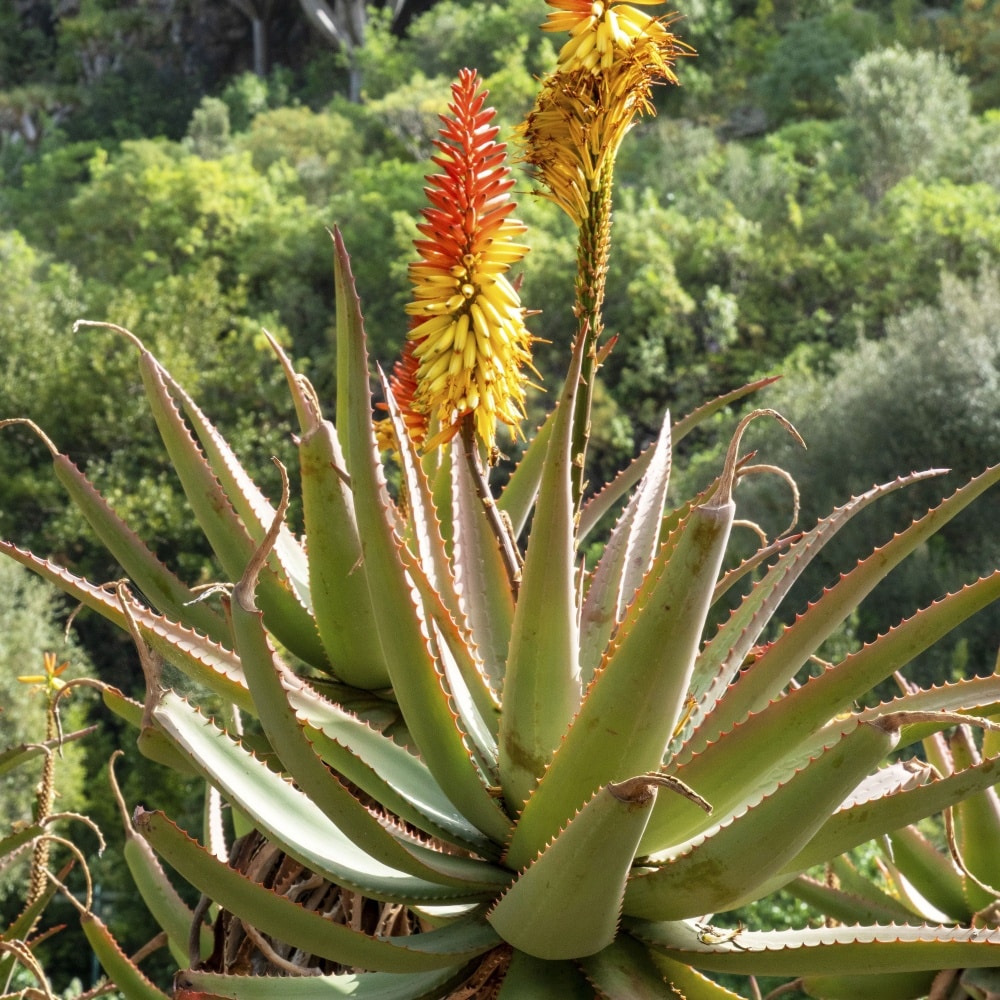Oral hygiene is one of the most important yet underrated areas when it comes to our physical health. Not only is bad breath detrimental to confidence, but it’s also a sign that we aren’t taking care of our mouths the way we wanted to. Over-the-counter mouthwash might be good on paper, but the alcohol content in those minty liquids will do more harm than good. If you’re looking for a healthier option, look no further because we’re about to teach you how to make mouthwash.
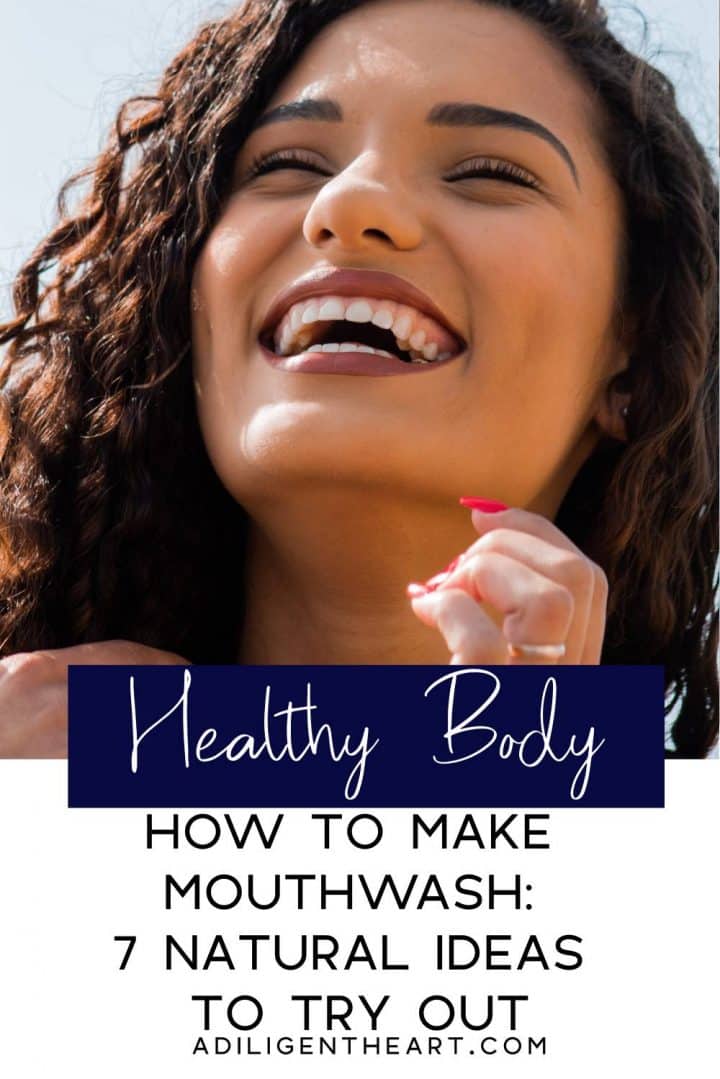
Essential Oil Homemade Mouthwash
There are many essential oils that can improve oral health.
Bergamot, eucalyptus, and tea tree oils are known for their antimicrobial properties and pleasant odors. Be sure to research the safest oil-to-water ratios. Usually, only a few drops of oil per cup of water is necessary.
How to Make Mouthwash With Medicinal Spices
Medicinal spices are yet another category to look to for natural oral health. Coriander, cloves, and cinnamon all contain antioxidants that can help prevent mouth tissue breakdown.
Ginger has antibacterial properties, and turmeric can make an anti-inflammatory mouthwash. Mix one or more of these spices into warm water for a quick rinse.
Coconut Oil Natural Mouthwash Recipe
Oil pulling is all the rage these days, but does it work? There is little evidence behind claims that the practice “removes toxins from the body.”
However, oil pulling with coconut oil is effective for improving oral health.
Prolonged swishing and anti-microbial properties help prevent plaque, fight germs, and reduce the risk of gingivitis.
Herbal Rinse
There are several herbs that can help combat germs, soothe oral tissues, and leave a pleasant taste in the mouth.
They include but are not limited to chamomile, peppermint, spearmint, sage, thyme, oregano, rosemary, and basil.
To make a rinse, steep or boil dried or fresh leaves in water, and then use a strainer to remove the solids. Make a small amount at a time and store it in the fridge.
Hydrogen Peroxide
Hydrogen peroxide is an FDA-approved alternative to mouthwash. In addition to its disinfectant and antiseptic status, it also whitens teeth. Never use a concentration higher than 3%.
Salt Water
Warm salt water is an excellent solution if you are dealing with temporary sore gums, canker sores, or if you have recently had surgery on your mouth.
Not only is it a natural antiseptic, but it also reduces swelling. However, it is not advisable to use salt water for long periods of time because its acidity can contribute to enamel loss.
For the recipe for salt water rinse, you’ll only need half a teaspoon of salt for every cup of warm water.
Aloe Vera Mouthwash
One triple-blind study has shown aloe vera is equally as effective at preventing plaque and gingivitis as chlorhexidine (a common active ingredient in mouthwash).
There are many aloe vera mouthwash options on the market, but you can also make your own. This recipe incorporates essential oils as well.
Takeaway
If you’ve been wondering how to make mouthwash at home, we hope this article helped you on your journey. Homemade natural mouthwash can be a viable substitute for your usual brand but it cannot be used to replace daily brushing and flossing.
Make sure to seek your dentist’s advice regularly and maintain good oral hygiene.
Sources: [BreathMD, Know Your Teeth, Live Simply, NCBI, NHS, Today’s Dentistry, WebMD]
